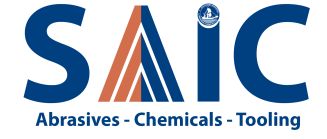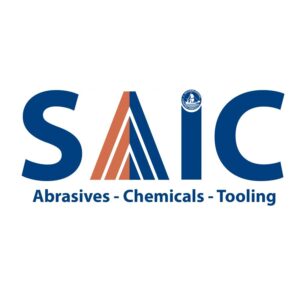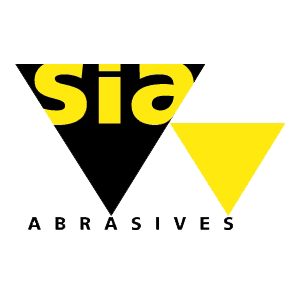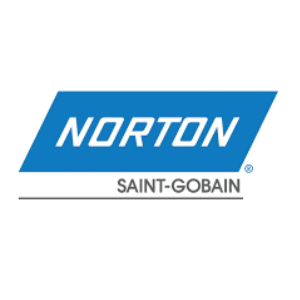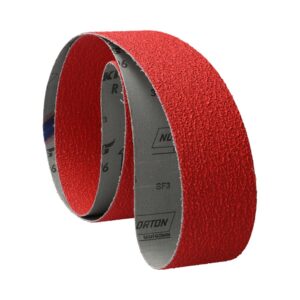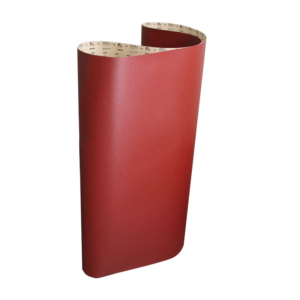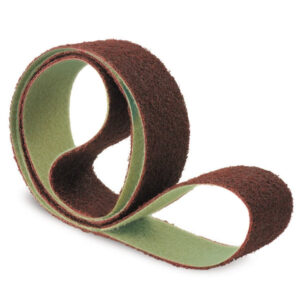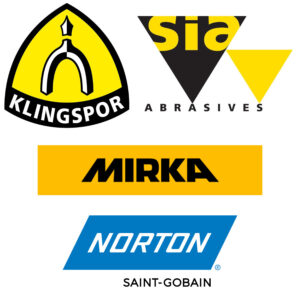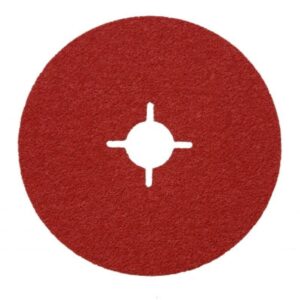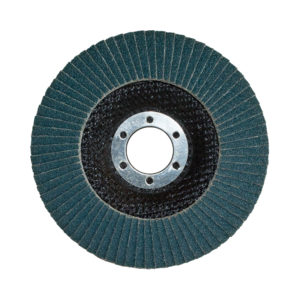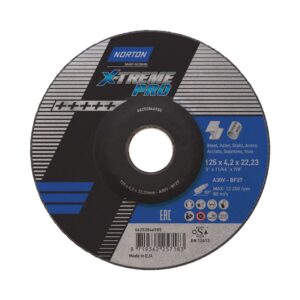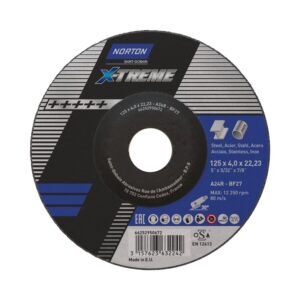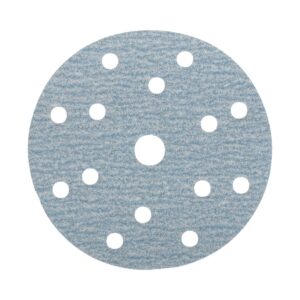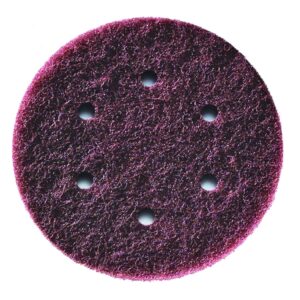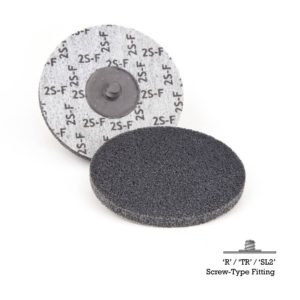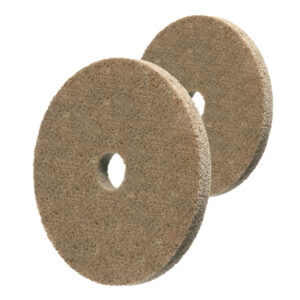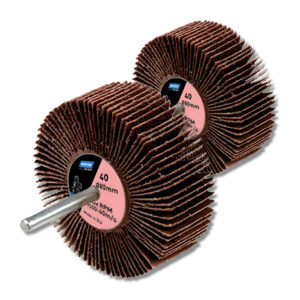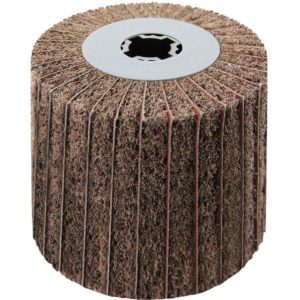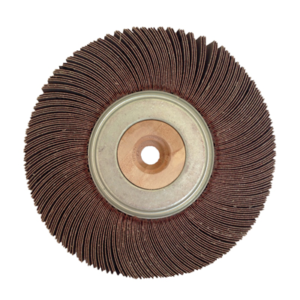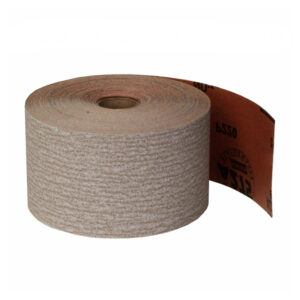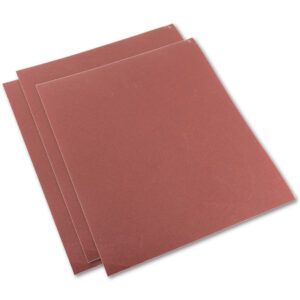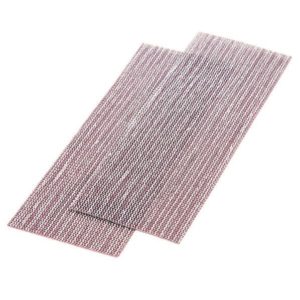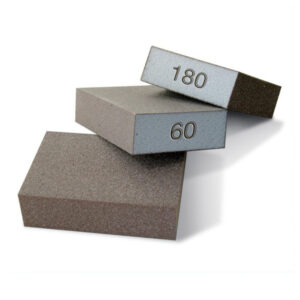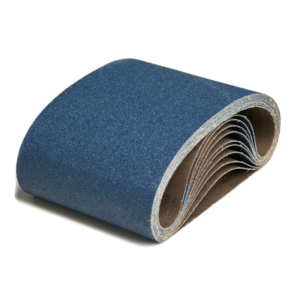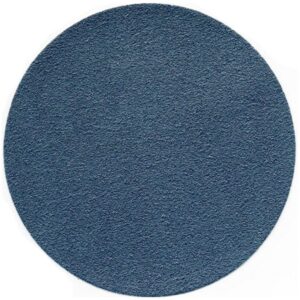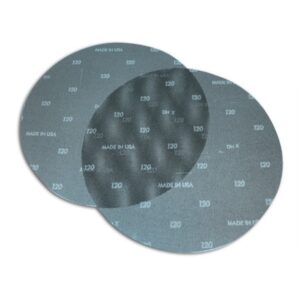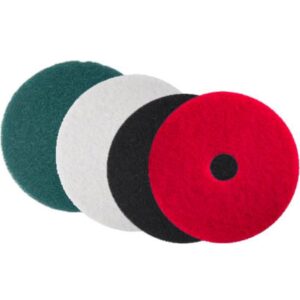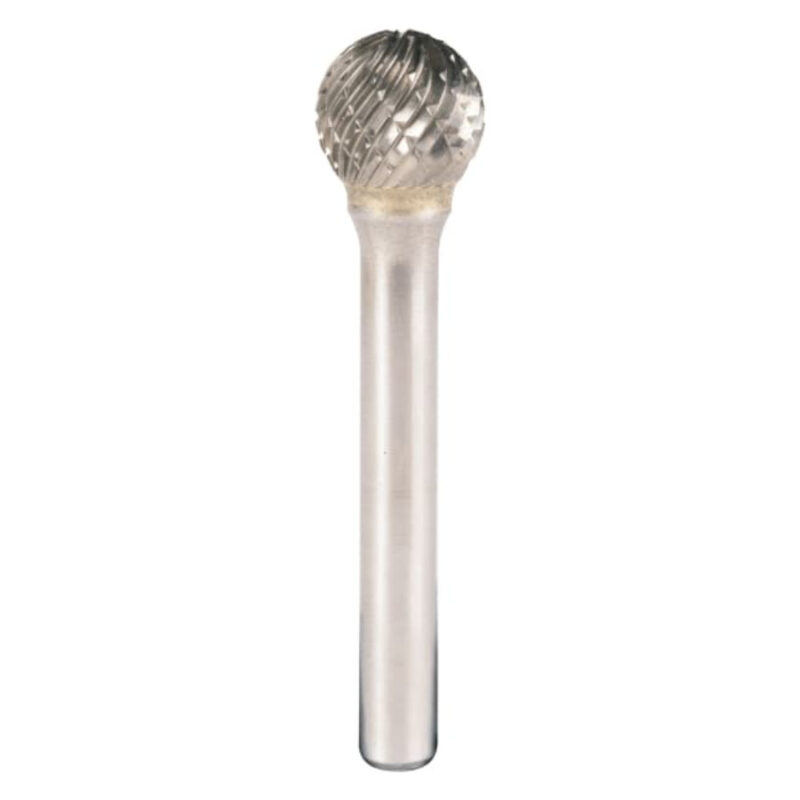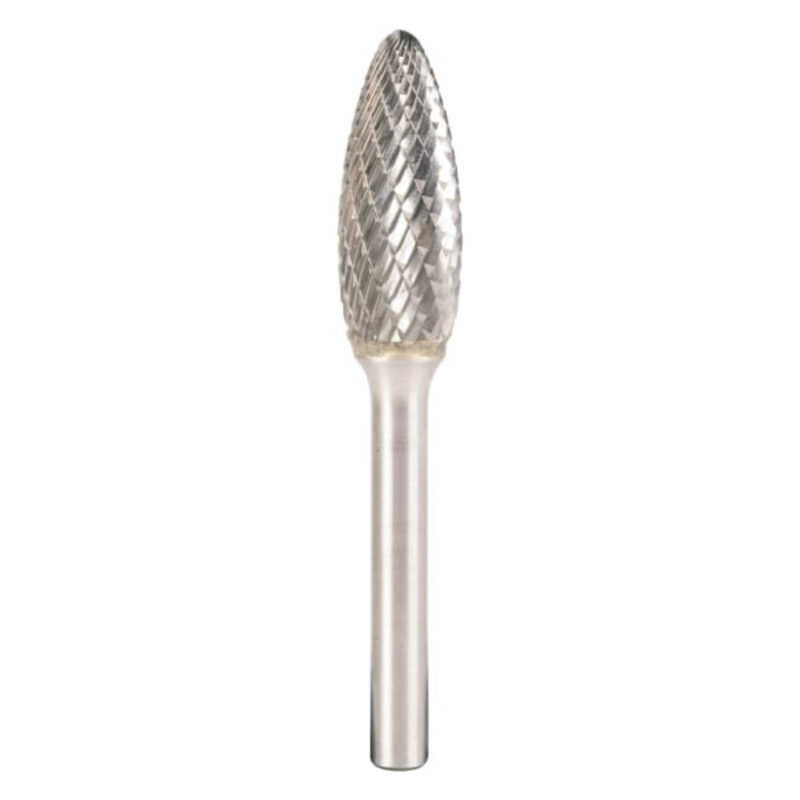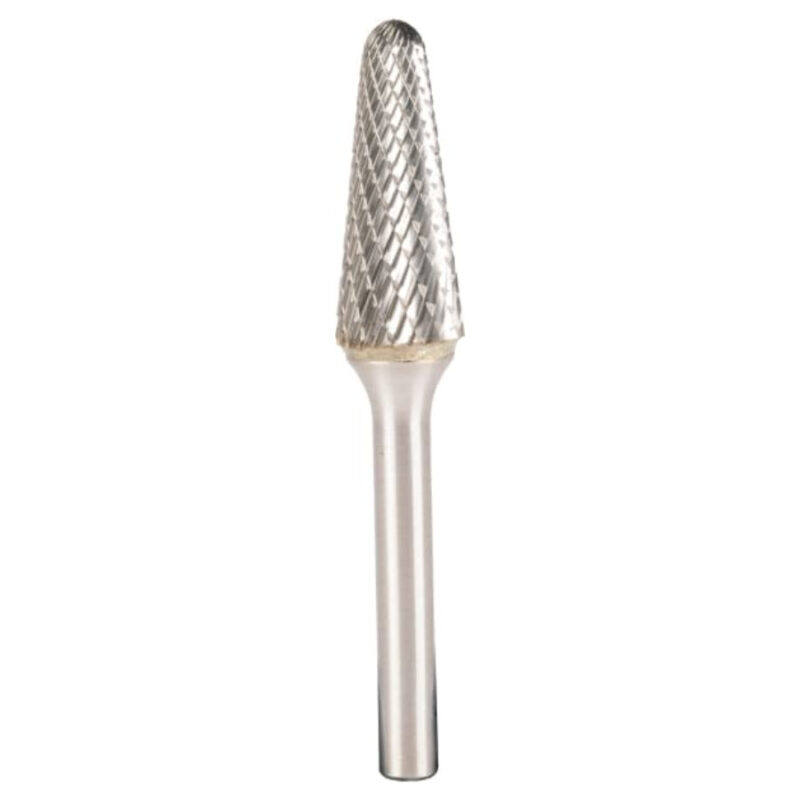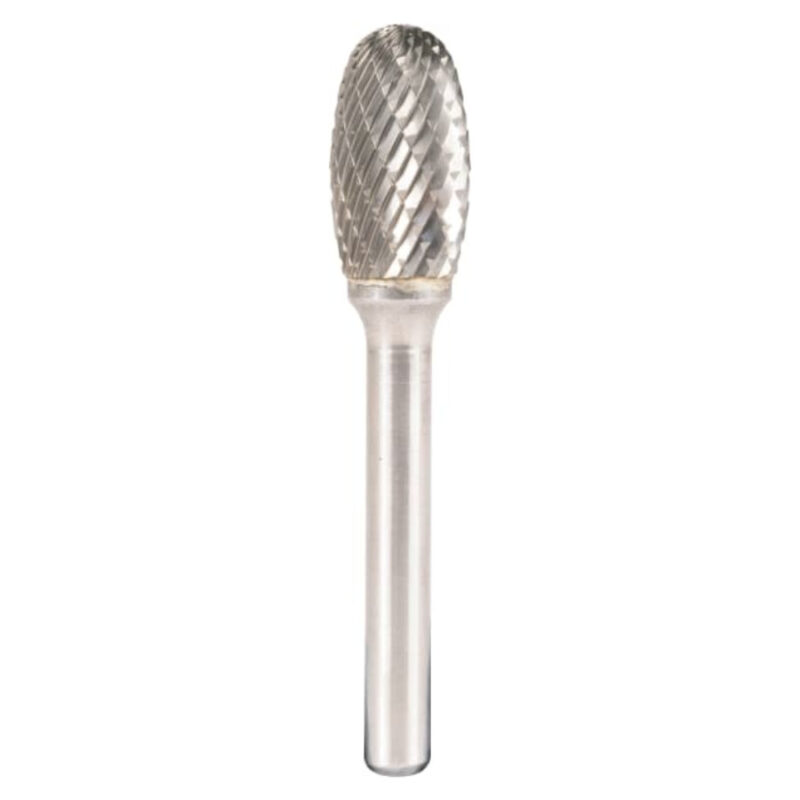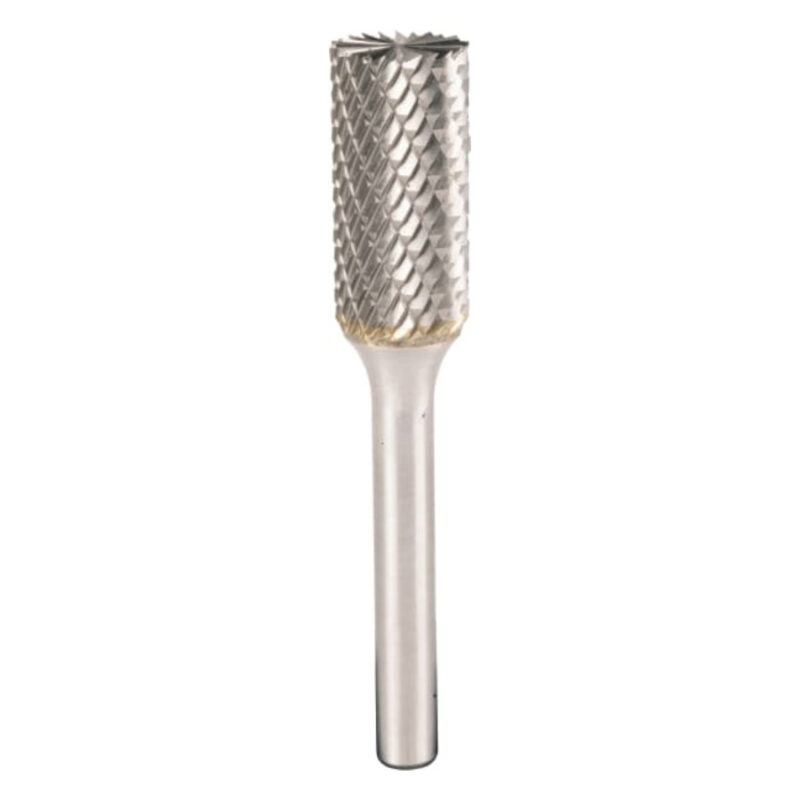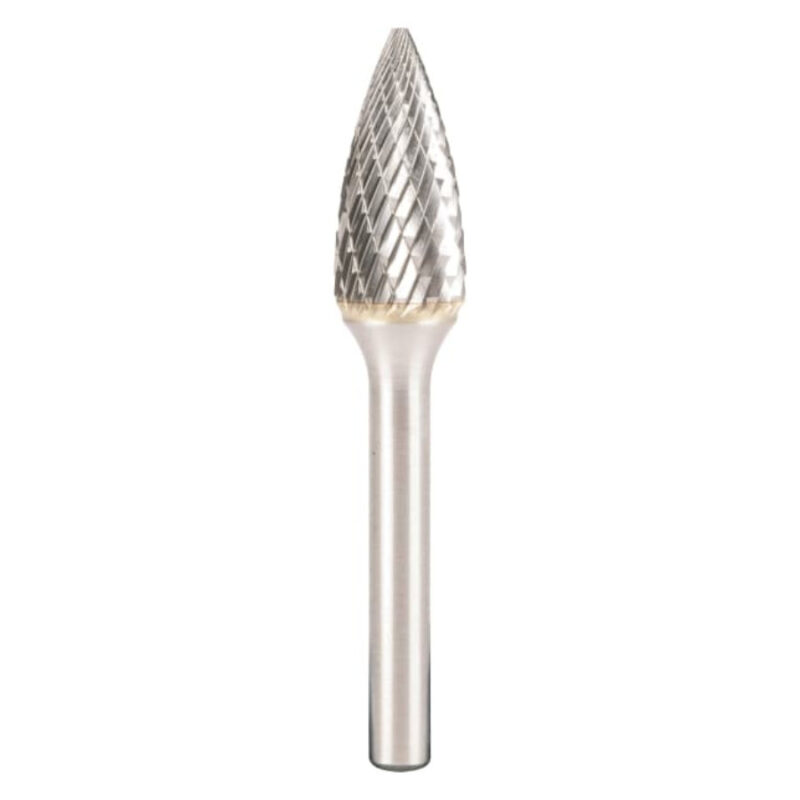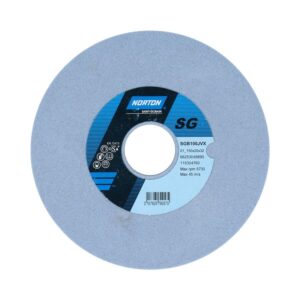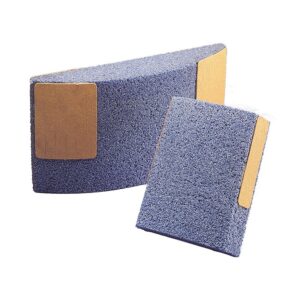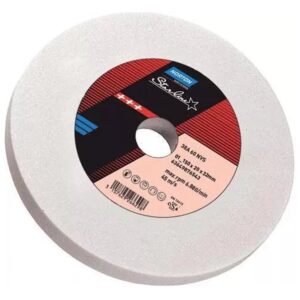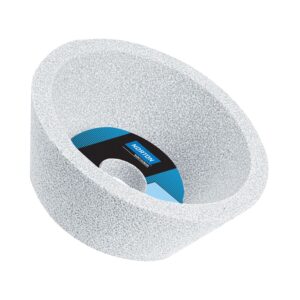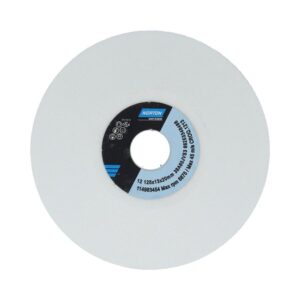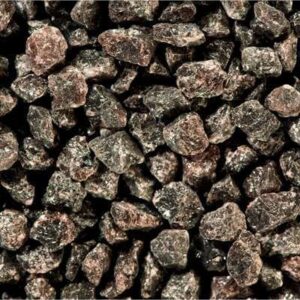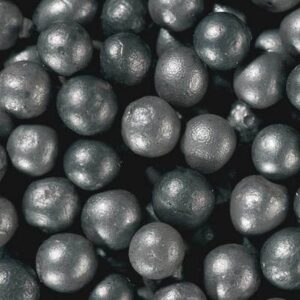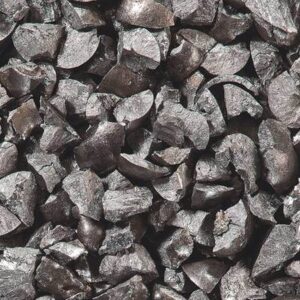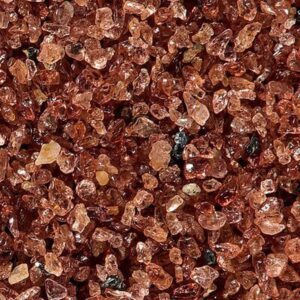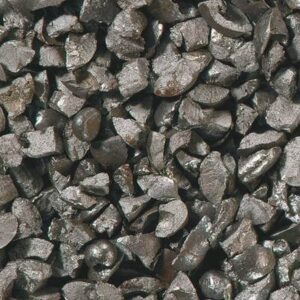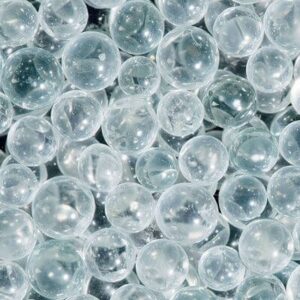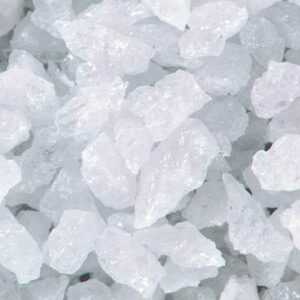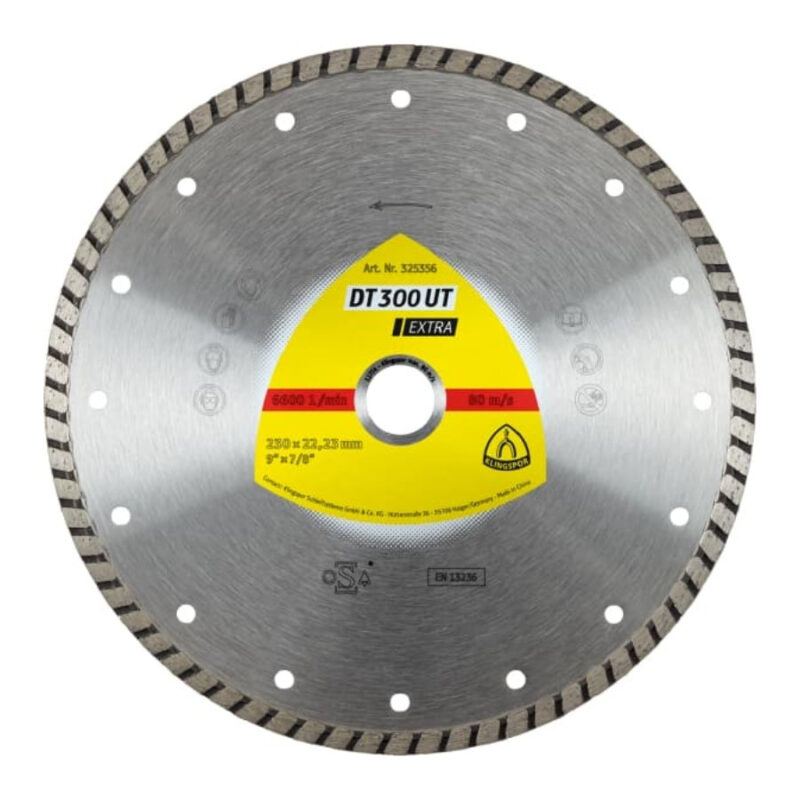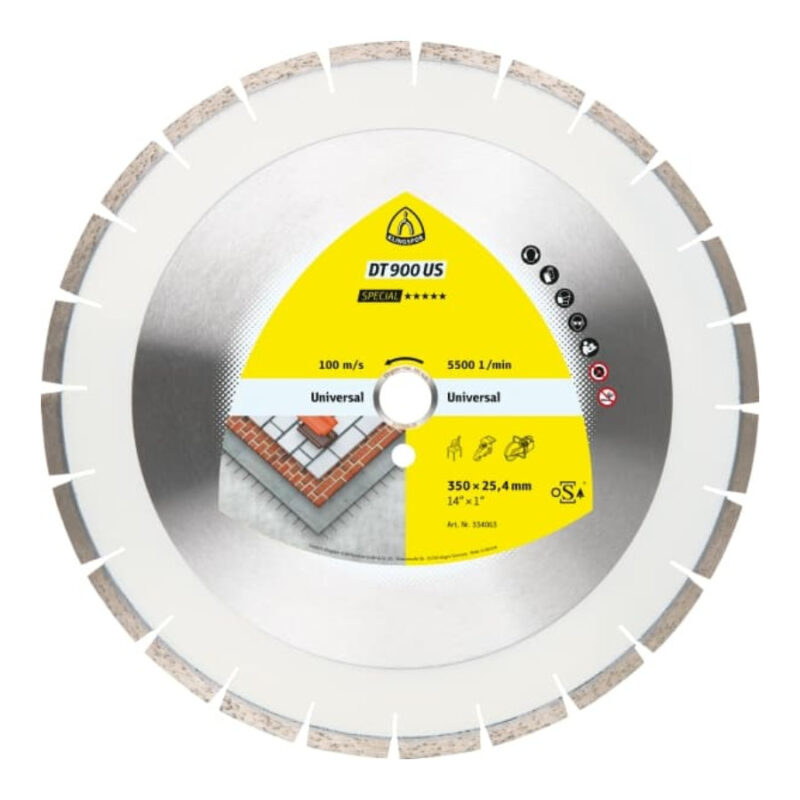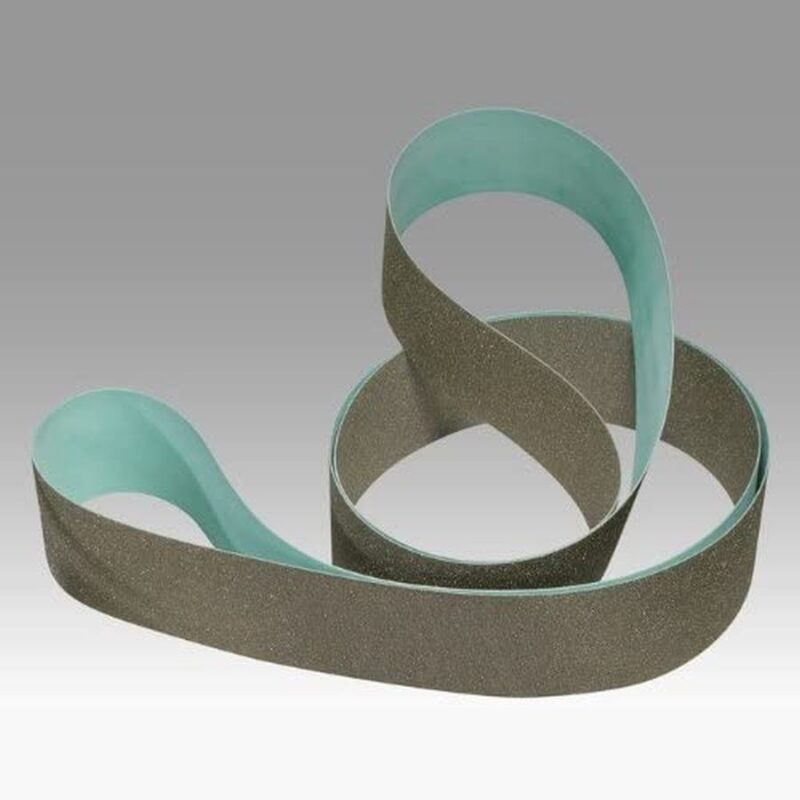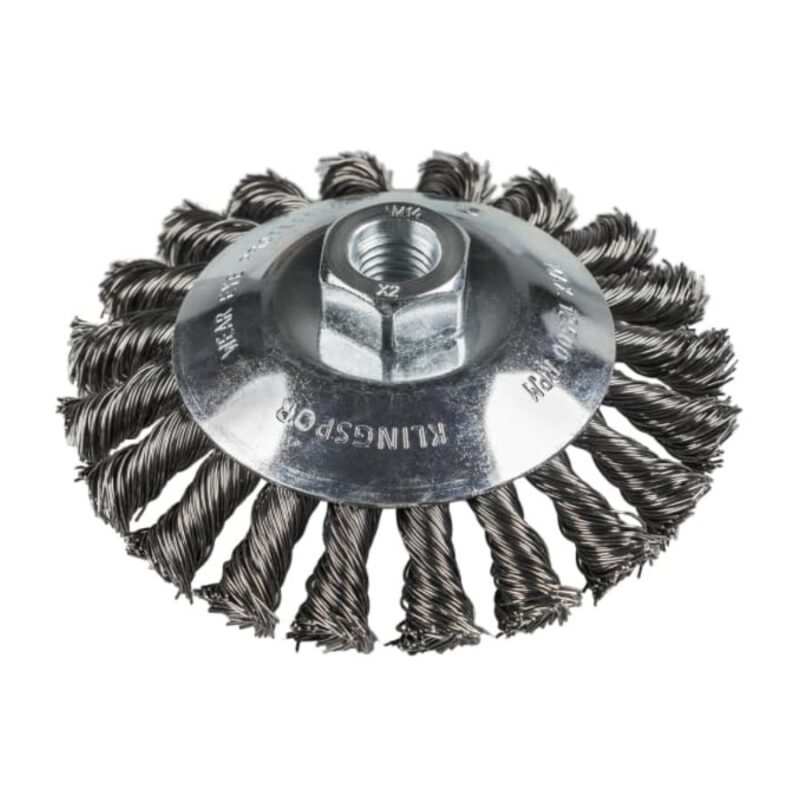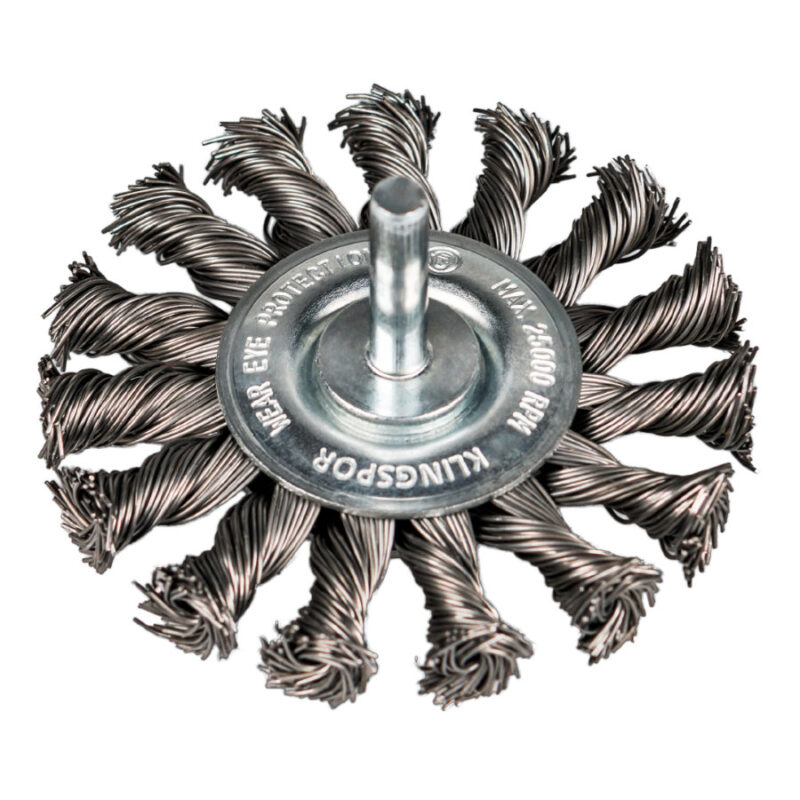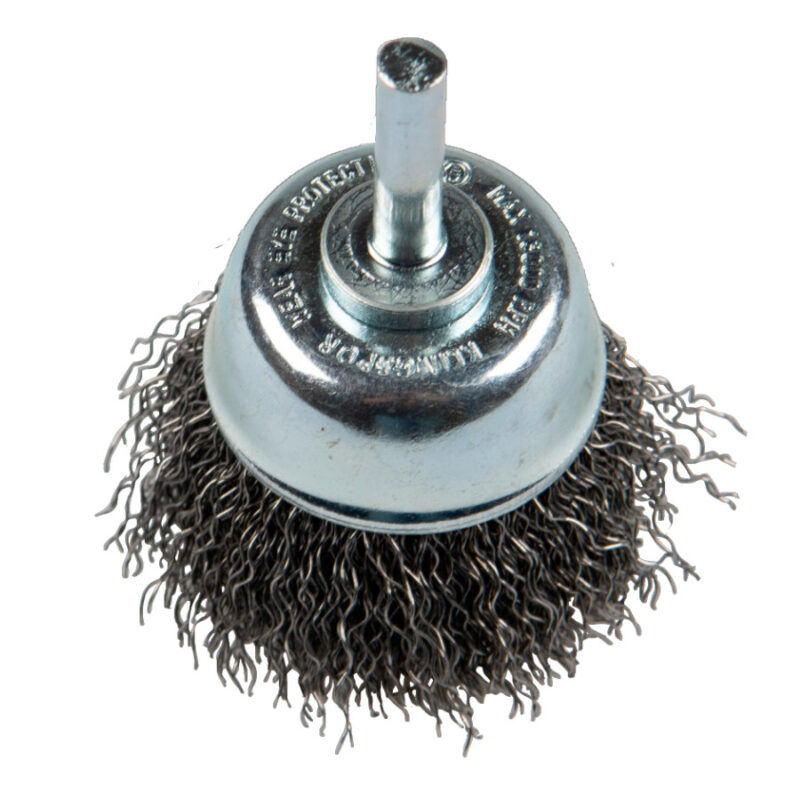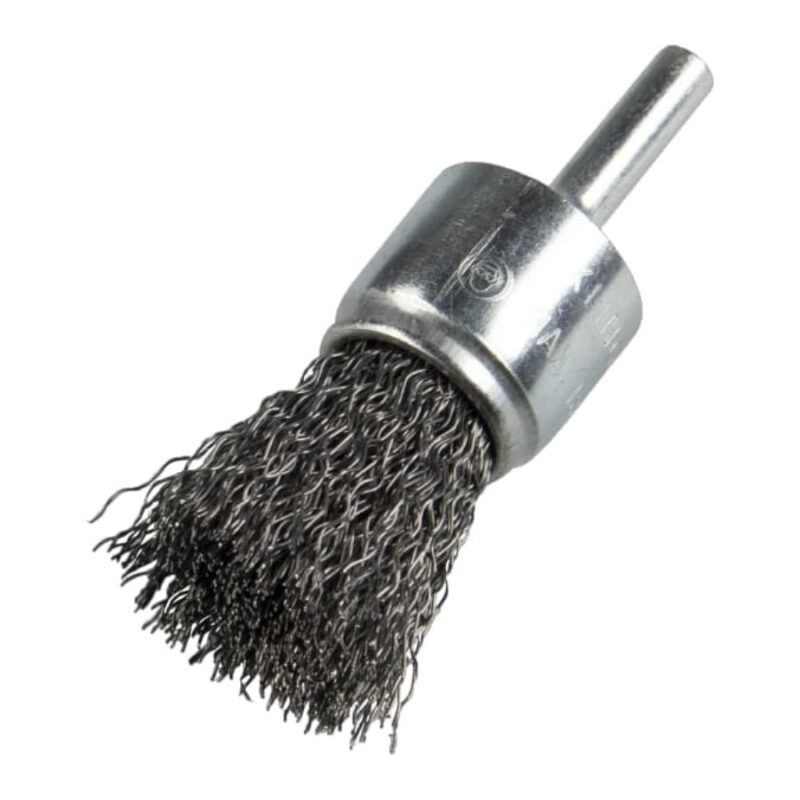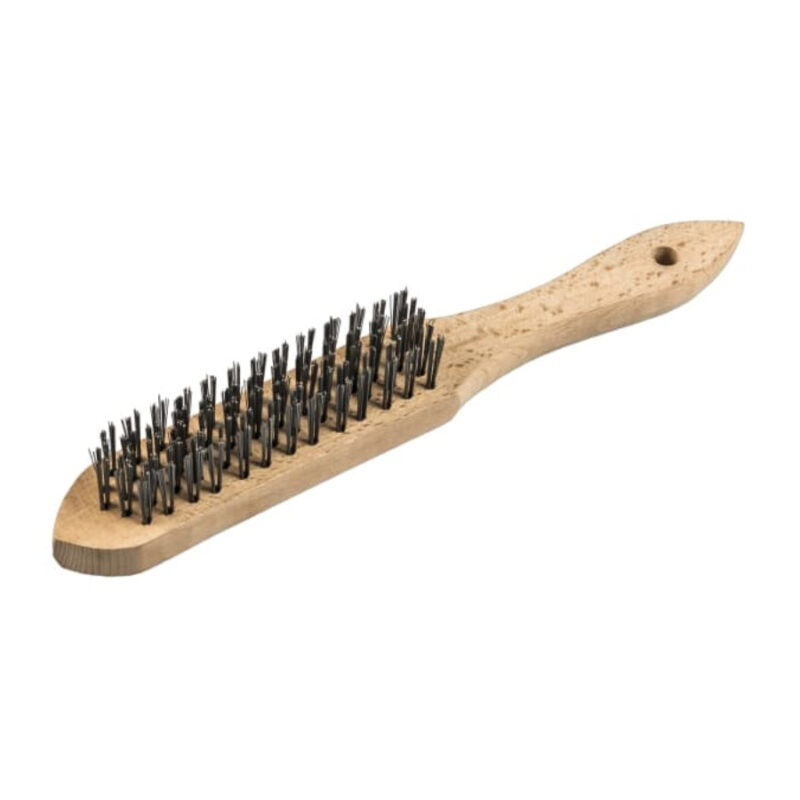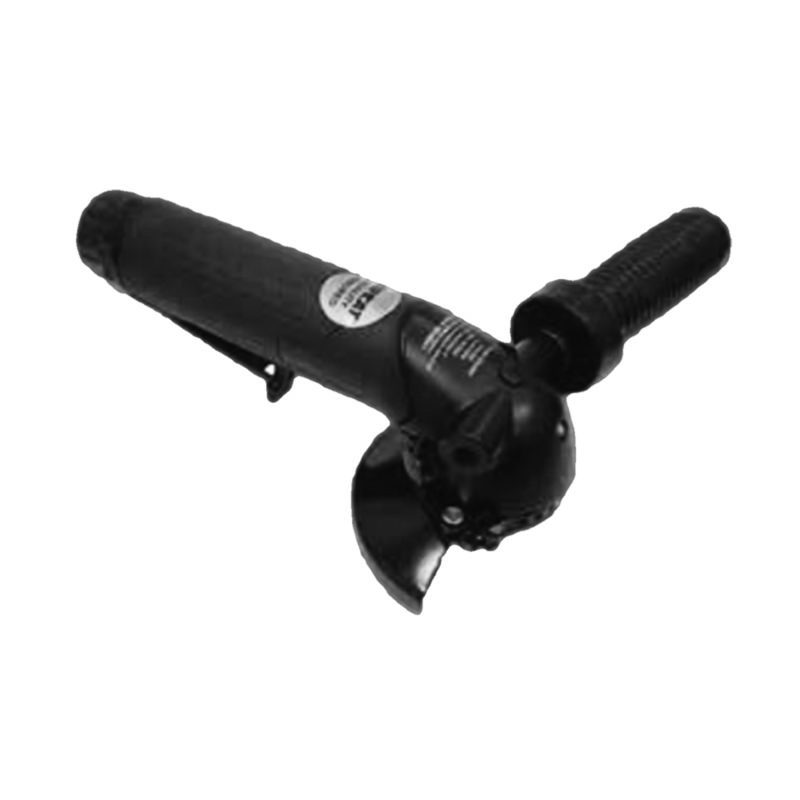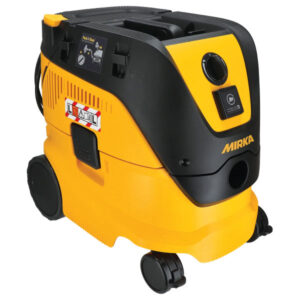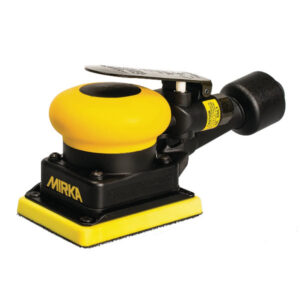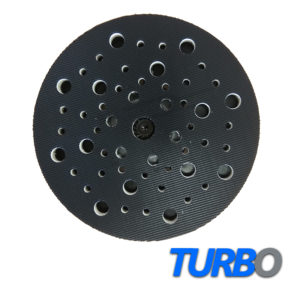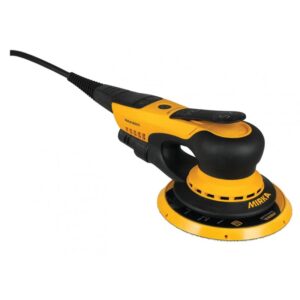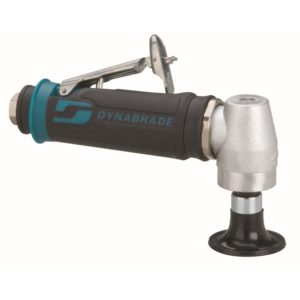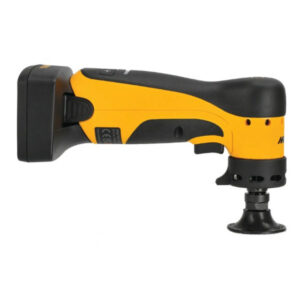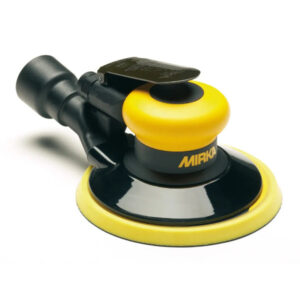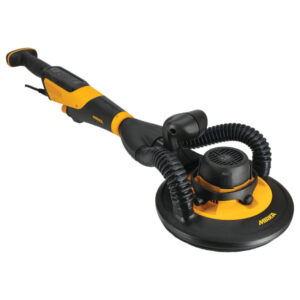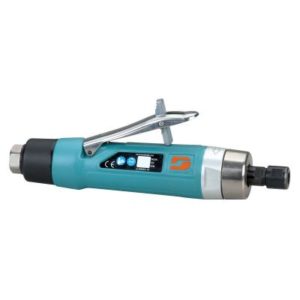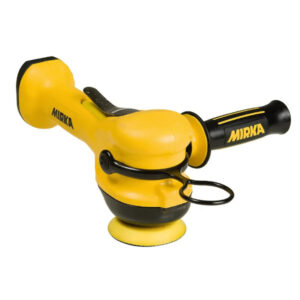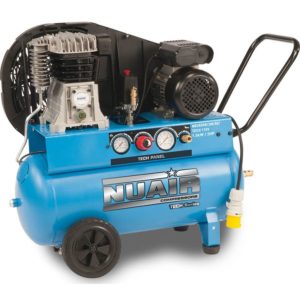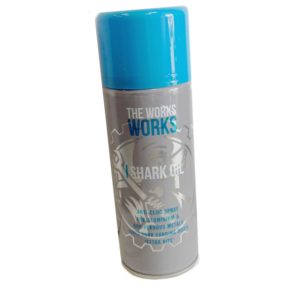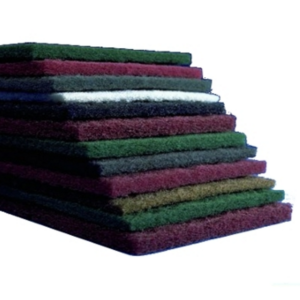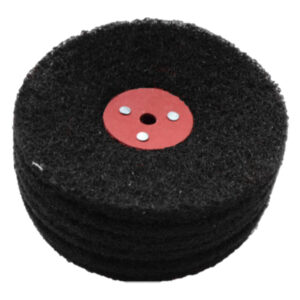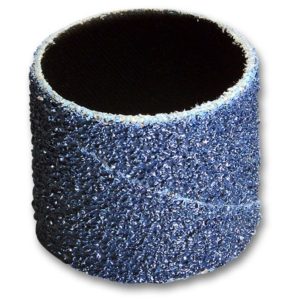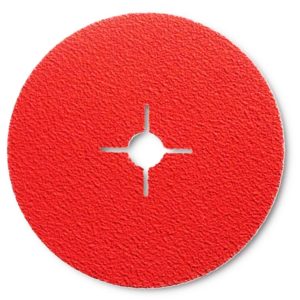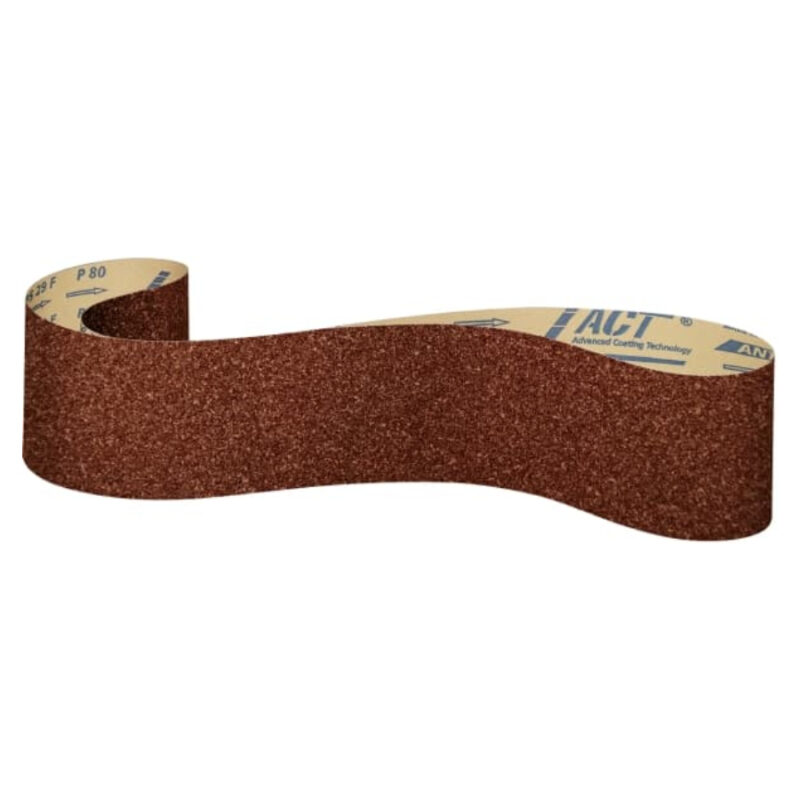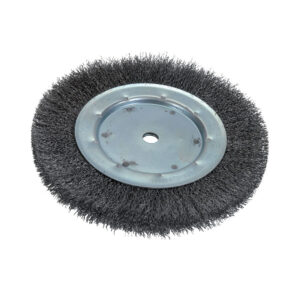Metals
There are a wide variety of metals used in various industries and applications, and the type of abrasive needed to effectively sand or grind them can vary based on their properties. Here are some of the most common metals and the abrasives that are recommended for sanding or grinding them:
Steel: Steel is a common metal used in construction, automotive, and manufacturing industries. To sand or grind steel, it is recommended to use aluminium oxide or ceramic abrasives. These abrasives are tough and durable, and can withstand the high heat generated during the grinding process.
Stainless steel: Stainless steel is a popular choice for kitchen equipment, medical devices, and other applications where corrosion resistance is important. When grinding stainless steel, it is recommended to use ceramic abrasives or zirconia alumina abrasives. These abrasives are designed to handle the tough, hard nature of stainless steel and will not contaminate the metal with iron or other contaminants.
Aluminium: Aluminium is a soft metal that is used in many applications, including aircraft and automotive parts, cookware, and electronics. To sand or grind aluminium, it is recommended to use silicon carbide abrasives. These abrasives are designed to be gentle on the metal and will not cause damage or leave marks.
Copper: Copper is a soft metal that is often used in electrical applications, plumbing, and roofing. When grinding copper, it is recommended to use aluminium oxide abrasives. These abrasives are tough enough to handle the metal, but gentle enough to prevent damage.
Brass: Brass is a soft metal that is commonly used in musical instruments, plumbing, and decorative hardware. To sand or grind brass, it is recommended to use ceramic or zirconia alumina abrasives. These abrasives will not scratch or damage the soft metal.
Titanium: Titanium is a lightweight, strong metal that is used in aerospace, medical, and other applications where strength and durability are important. When grinding titanium, it is recommended to use diamond abrasives. These abrasives are extremely hard and can handle the tough nature of titanium without causing damage.
Nickel alloys: Nickel alloys are used in a variety of applications, including aerospace, chemical processing, and electronics. When grinding nickel alloys, it is recommended to use aluminium oxide or ceramic abrasives. These abrasives are tough enough to handle the hard, dense nature of the alloys.
Cast iron: Cast iron is a strong and durable metal that is used in many industrial and automotive applications. When grinding cast iron, it is recommended to use aluminium oxide or zirconia alumina abrasives. These abrasives are designed to handle the tough, hard nature of cast iron without causing damage.
Bronze: Bronze is a strong, durable metal that is commonly used in bearings, gears, and other mechanical applications. When sanding or grinding bronze, it is recommended to use silicon carbide or aluminium oxide abrasives. These abrasives are gentle enough to prevent damage to the metal, but tough enough to effectively sand or grind.
In conclusion, choosing the right abrasive for sanding or grinding a specific metal is critical for achieving a high-quality finish and preventing damage to the metal. It is important to understand the properties of the metal being worked on and to choose an abrasive that is designed to handle its unique characteristics. With the right abrasive, the sanding or grinding process can be done efficiently and effectively, leading to better results and increased productivity.
